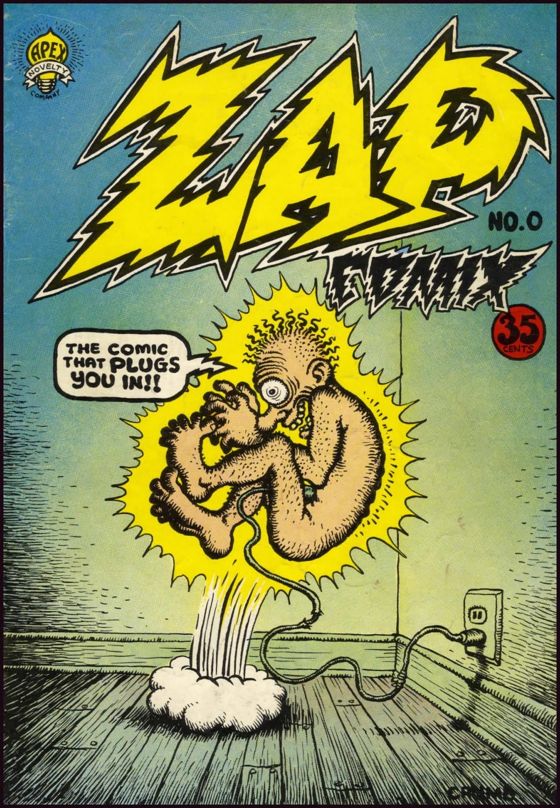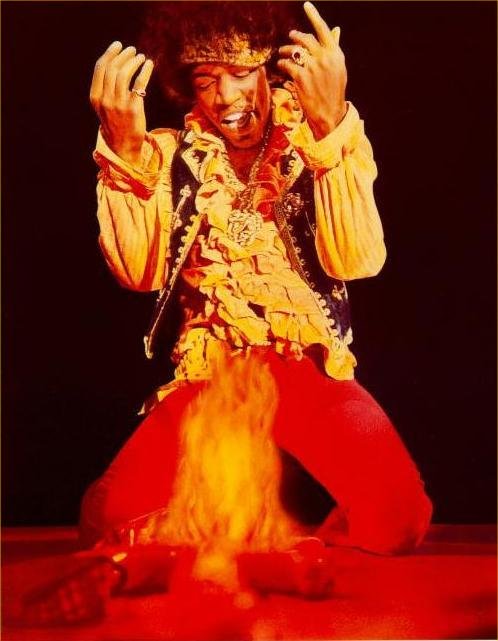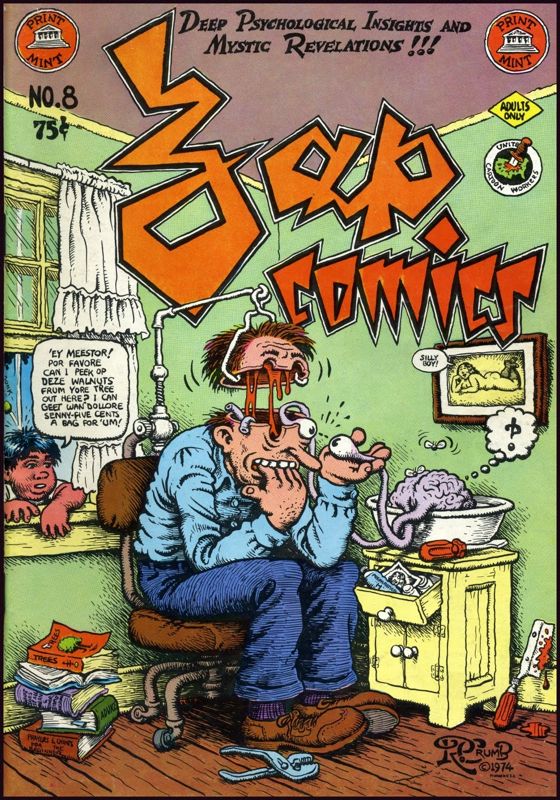
I was 9 when the Sixties began, 13 when they began in earnest with the assassination of John F. Kennedy and the advent of The Beatles. The decade sucked up all of my teenage years and brought many cultural shocks, from the Civil Rights Movement to Dylan's minatory prophesies, more assassinations, fighting in the streets over the Vietnam War and the sublime derangements of Jimi Hendrix and Jean-Luc Godard.

I went off to college in the Bay Area in 1968, grew my hair long, wore Nehru jackets and sandals made out of tire treads. I eschewed illegal drugs — my little stab at non-conformity — but drank plenty of Ernie's Burgundy and took up the smoking of cigarettes. I hitch-hiked all over the country and once panhandled for spare change on a street corner — living out a fantasy of dereliction, all the while knowing that I had a nice middle-class family to return to if things ever got really desperate. (Such was the depth of hippie rebellion.) I was at Altamont where everything came crashing down in spectacular fashion.

In all that madness, I don't think any cultural artifacts impressed me as deeply as the works of R. Crumb. When I bought my first batch of Zap Comix at the City Lights Bookstore in San Francisco and began to devour them, I had a sense that I would never look at America and American popular culture in quite the same way again — and I never did. Crumb represented a permanent mind-fuck.
